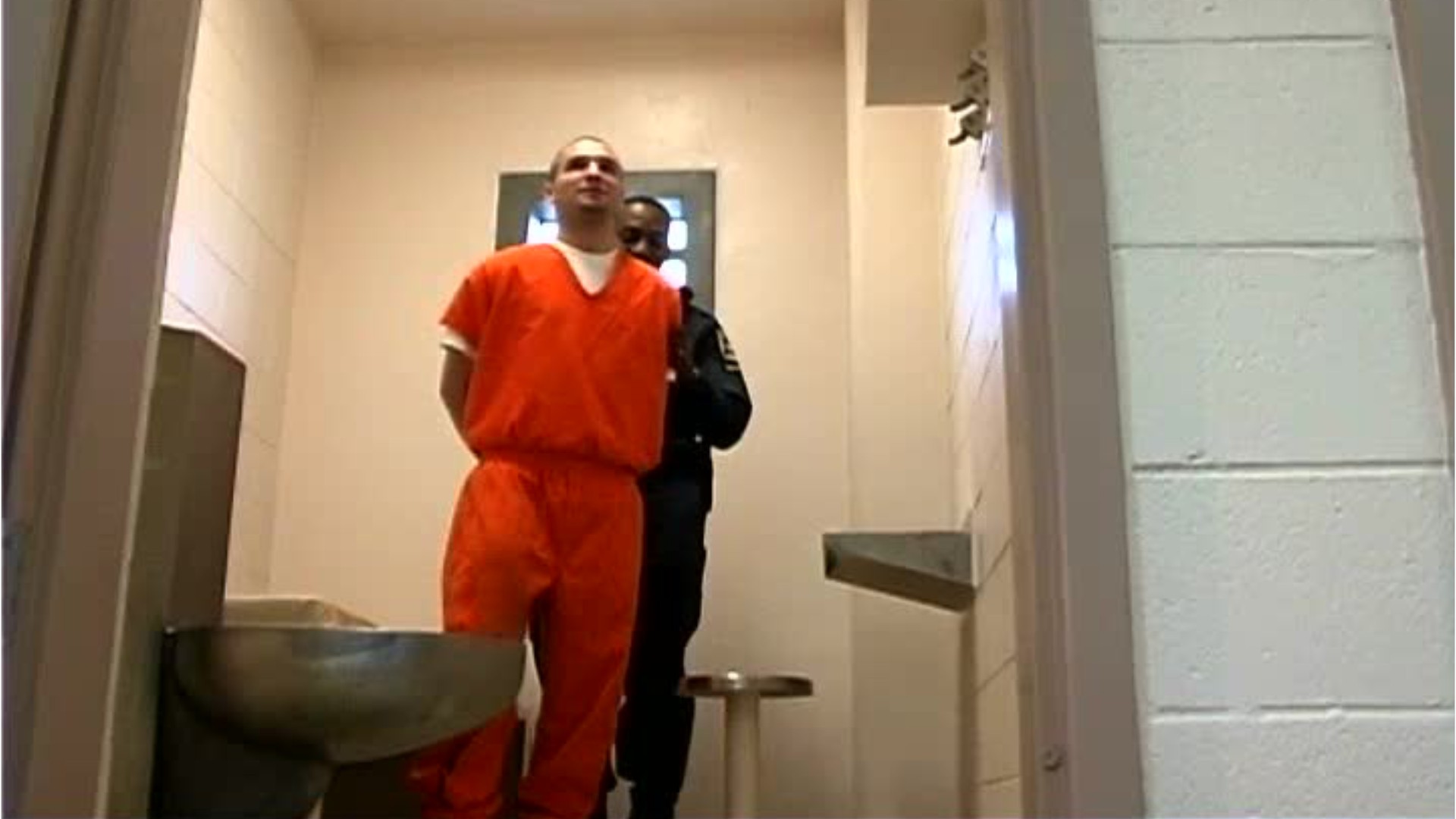Bailiffs
Bailiff, Court Bailiff, Court Officer, Court Security Officer
 Select a military branch to see samples.
Select a military branch to see samples.
Security Forces; Security Forces Apprentice, Combat Arms; Security Forces Craftsman; Security Forces Helper, Military Working Dog Handler; Security Forces Journeyman, Combat Arms; Security Forces Superintendent; Special Reconnaissance Craftsman; Special Reconnaissance Journeyman; Tactical Air Control Party (TACP) Apprentice; Tactical Air Control Party (TACP) Helper
Military Police; Unit Supply Specialist
Gunner's Mate; Investigator; Maritime Law Enforcement Specialist; Weapons Specialty
Antitank Missile Gunner; Critical Skills Operator; Infantry Unit Leader; Light Armored Reconnaissance (LAR) Operations Chief; Light Armored Reconnaissance (LAR) Unit Leader; Light Armored Reconnaissance Marine; Operations Chief; Rifleman
Master-At-Arms
No similar titles were found.
What they do:
Maintain order in courts of law.
On the job, you would:
- Screen persons entering courthouse using magnetometers, x-ray machines, and other devices to collect and retain unauthorized firearms and other contraband.
- Escort prisoners to and from courthouse and maintain custody of prisoners during court proceedings.
- Maintain order in courtroom during trial and guard jury from outside contact.
Knowledge
Safety and Government
- public safety and security
- law and government
Arts and Humanities
- English language
Business
- customer service
Math and Science
- psychology
Skills
Basic Skills
- keeping track of how well people and/or groups are doing in order to make improvements
- talking to others
Social
- understanding people's reactions
Abilities
Verbal
- communicate by speaking
- listen and understand what people say
Attention
- pay attention to something without being distracted
Personality
People interested in this work like activities that include practical, hands-on problems and solutions.
They do well at jobs that need:
- Integrity
- Self Control
- Dependability
- Stress Tolerance
- Cooperation
- Attention to Detail
Technology
You might use software like this on the job:
Data base user interface and query software
- Microsoft Access
- National Crime Information Center (NCIC) database
Presentation software
- Microsoft PowerPoint
Electronic mail software
- Email software
- Microsoft Outlook
Education
Education: (rated 3 of 5)
high school diploma/GED or
associate's degree
usually needed
associate's degree
usually needed
Job Outlook
Below Average
New job opportunities are less likely in the future.
Explore More
- Correctional Officers & Jailers
- Detectives & Criminal Investigators
- First-Line Supervisors of Police & Detectives
- Police & Sheriff's Patrol Officers
- Probation Officers & Correctional Treatment Specialists
You might like a career in one of these industries:
See more details at O*NET OnLine about bailiffs.





